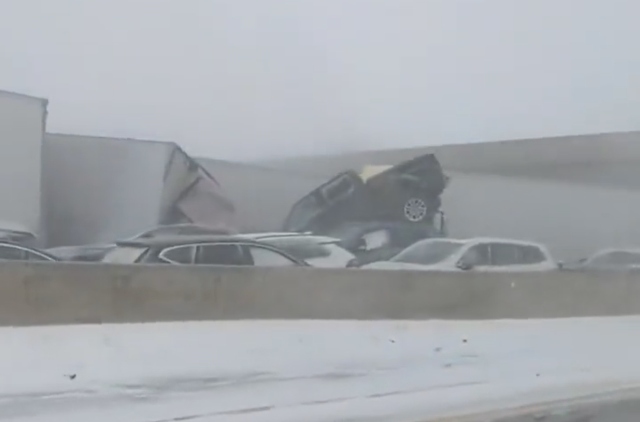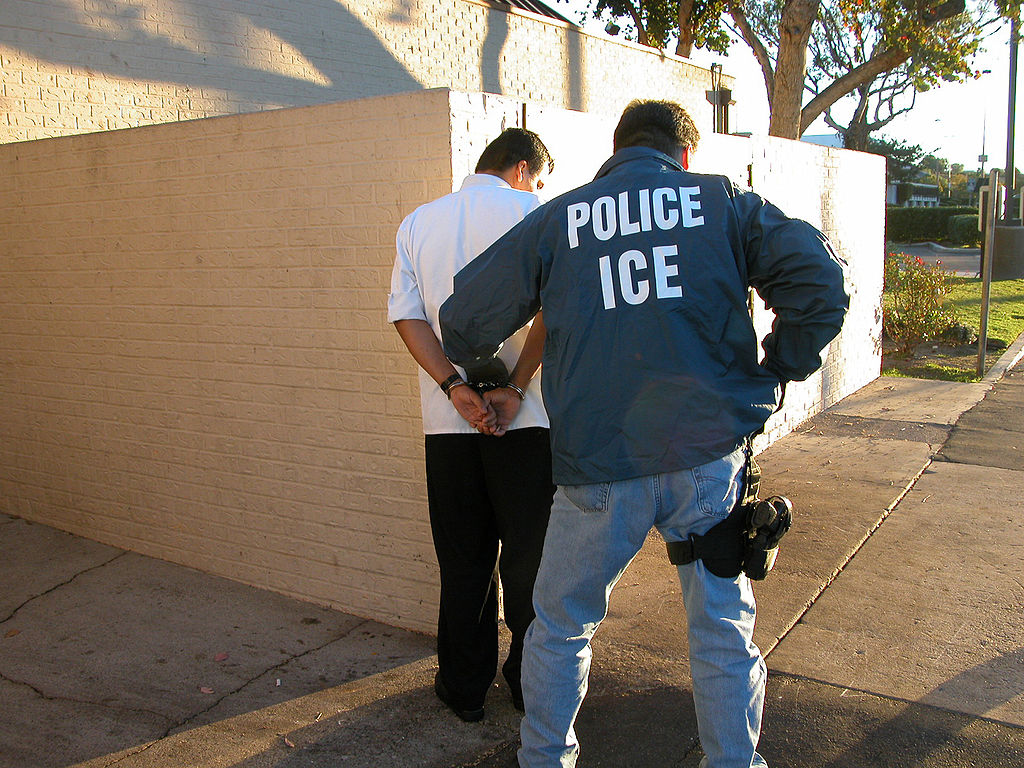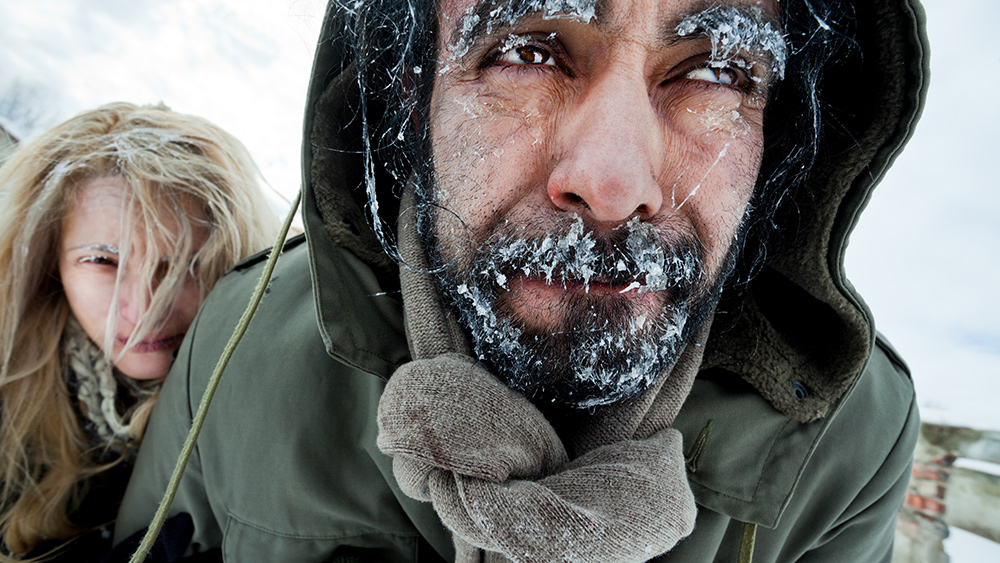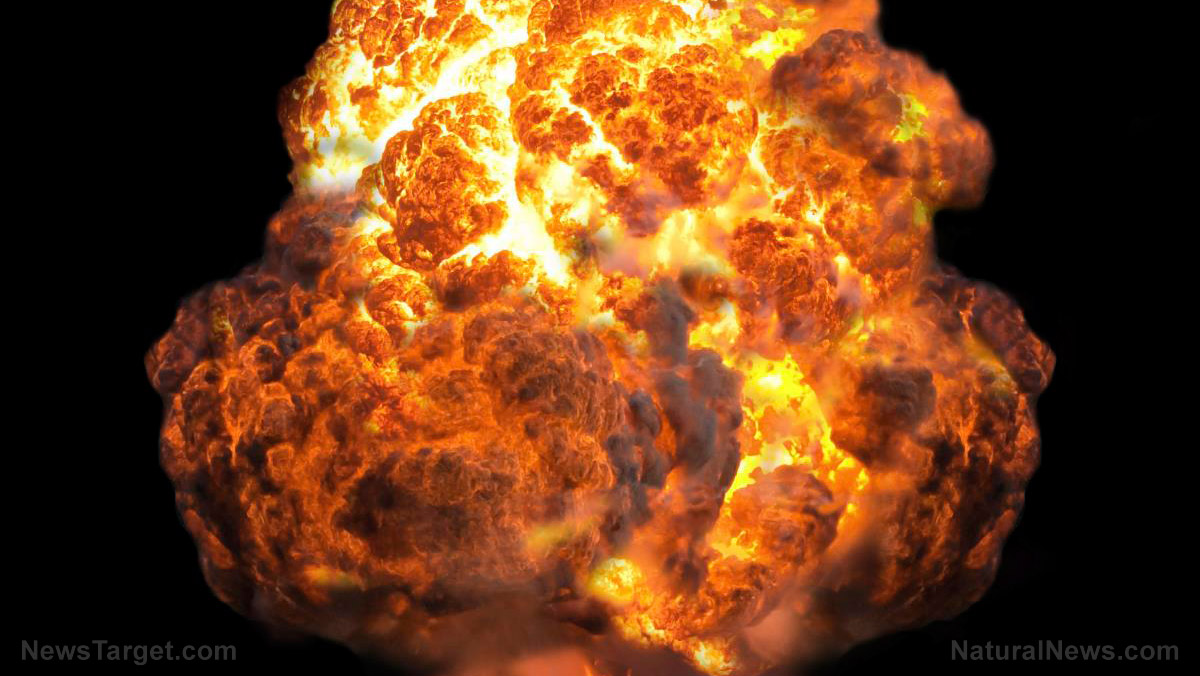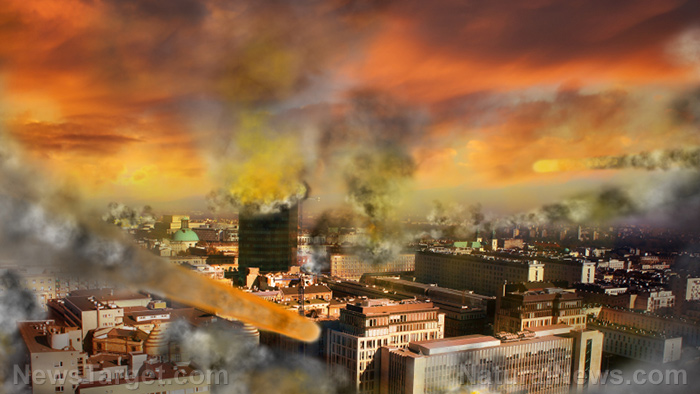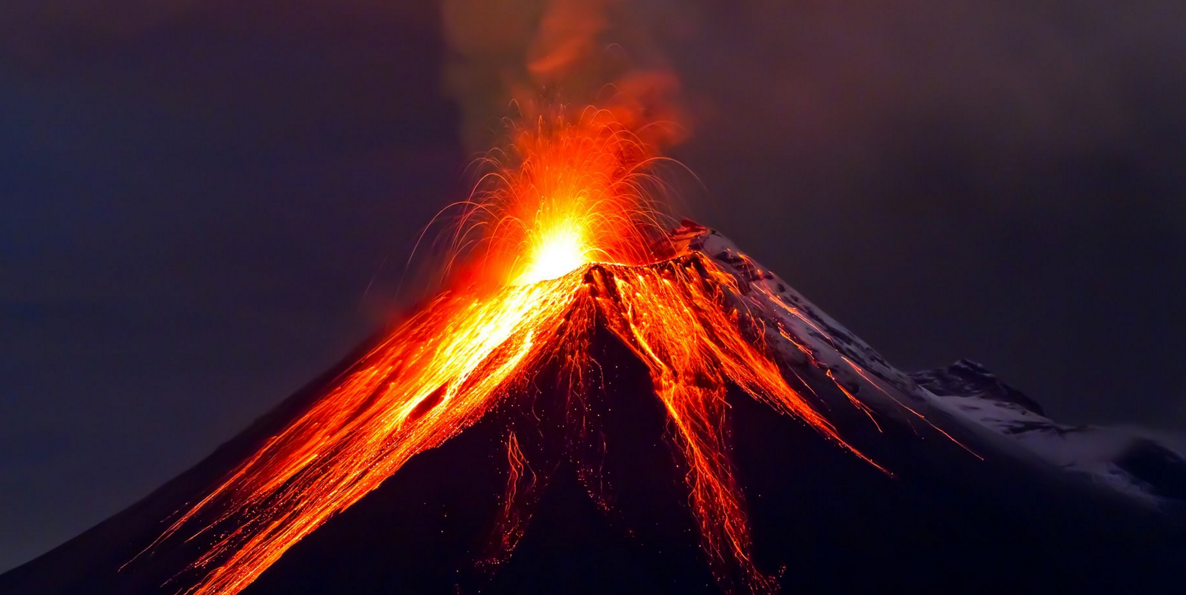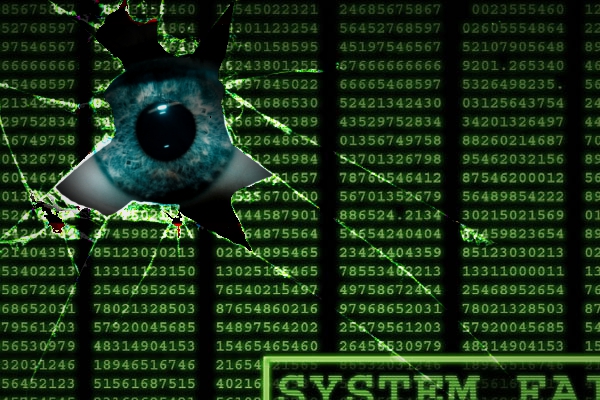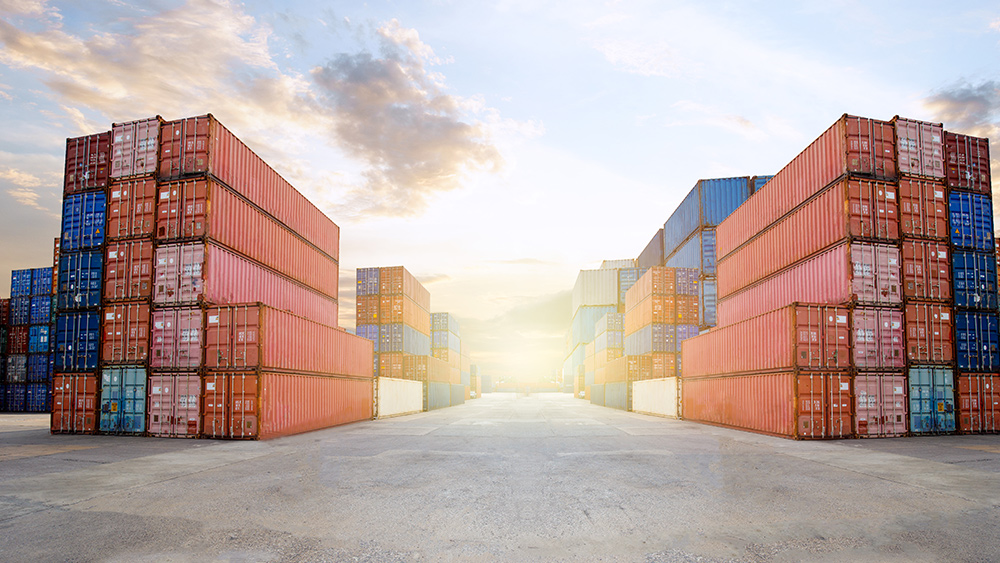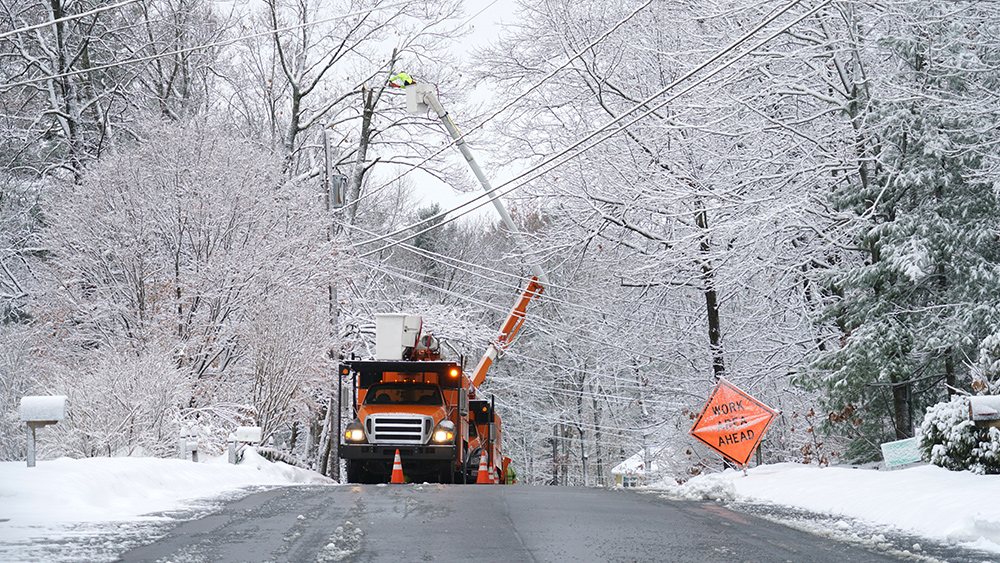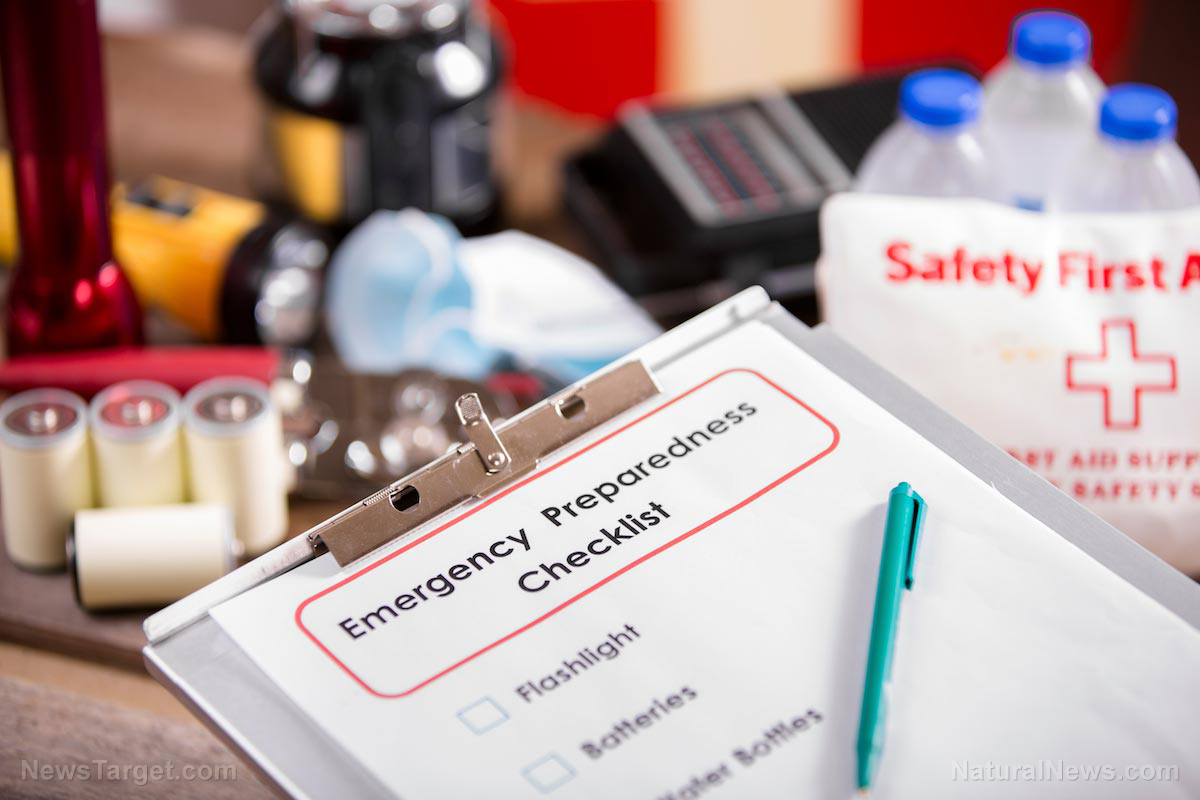Texas facing ANOTHER power grid collapse amid intense winter weather spell
01/18/2024 / By Ethan Huff

As another bout of frigid weather hits Texas and other states throughout the South and Midwest this week, the grid managers at the Electric Reliability Council of Texas (ERCOT) face a repeat of 2021 when Winter Storm Uri left millions of residents without power, many of them for more than three days straight, and killed more than 300 people.
ERCOT issued a conservation request to business and private customers this week asking them to keep things low or off, particularly during times of peak power demand and low energy production.
According to the energy entity, the request stems from the latest failure of Texas’ massive wind industry and the “unseasonably low wind” conditions that are occurring during this latest polar vortex blast.
It is no secret that when temperatures drop, winds tend to die down. This is what is once again occurring as unseasonably low temperatures are keeping the air still, meaning the windmills that dot Texas are no longer producing energy.
Another problem is the solar aspect of Texas’ renewable energy infrastructure. As winter storm conditions roll in, there is a lot less sunlight hitting those panels – a lesson that ERCOT should have learned last summer when its battery storage facilities failed to deliver energy when weather conditions were too hot.
(Related: The “zero emissions” energy plan for 2040 in New York will sharply reduce energy reliability while spiking costs for consumers.)
Natural gas, not renewables, is Texas’ last stand
An energy generation mix was taken from ERCOT’s app on Monday that showed zero percent energy contribution from solar, 0.8 percent energy production from power storage, and just 6.8 percent energy production from wind.
“Meanwhile, the ‘fossil fuels’ so detested by the state’s legacy media sites were kicking in 84.9 per cent of total generation, with a whopping 67.2 per cent coming from the state’s natural gas industry,” the media reported.
The only thing left for Texas to keep the lights on is natural gas, assuming the pumps keep pumping and the gas keeps flowing. This could be a challenge, too, as natural gas power generators, at least in Texas, are known to freeze up in cold weather.
“The problem was made a lot worse back then because ERCOT turned off the electricity to wells, compressors and pipelines,” reports indicate. “ERCOT, Texas regulators and the industry itself have worked to get grid-critical sites properly identified since 2021 to prevent that mistake from happening again.”
“If that claim is accurate, then the grid should be able to maintain service to all Texas customers during this severe weather event. If that claim is not accurate, then there could be trouble.”
Whatever happens next will depend on the natural gas infrastructure of Texas, not the renewables infrastructure of Texas. The latter is entirely unreliable every time an unusual weather event arrives, which serves as a lesson for other states that are pushing “green” energy solutions as being the future.
“But the bottom line here in either event is clear: The success or failure of the Texas power grid when the chips are down is entirely related to the performance not of renewables, but natural gas,” says David Blackman, an energy industry veteran with years of experience in the public policy arena of energy matters.
“This is a time for the industry to shine. All Texans should be grateful to the thousands of men and women working in the gas industry to make that happen.”
It is worth noting as well that wind and solar replaced several coal plants in Texas that are no longer in operation. ERCOT can use wind and solar to add capacity, but the mistake it made was using wind and solar to replace capacity.
More related news about America’s crumbling energy infrastructure can be found at Collapse.news.
Sources for this article include:
Submit a correction >>
Tagged Under:
big government, chaos, Climate, Collapse, disaster, Electric Reliability Council of Texas, electricity, energy supply, ERCOT, fuel supply, green living, Green New Deal, national security, panic, power, power grid, renewable energy, SHTF, Texas, weather terrorism
This article may contain statements that reflect the opinion of the author
RECENT NEWS & ARTICLES
COPYRIGHT © 2017 DISASTER NEWS

